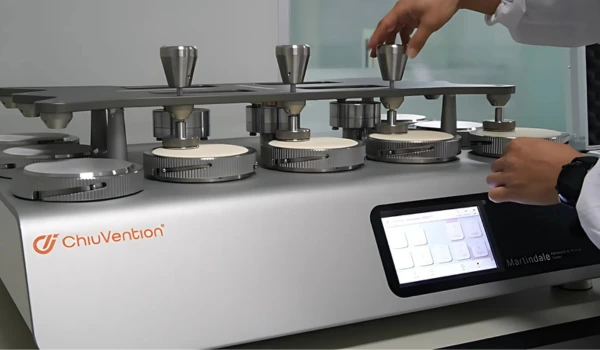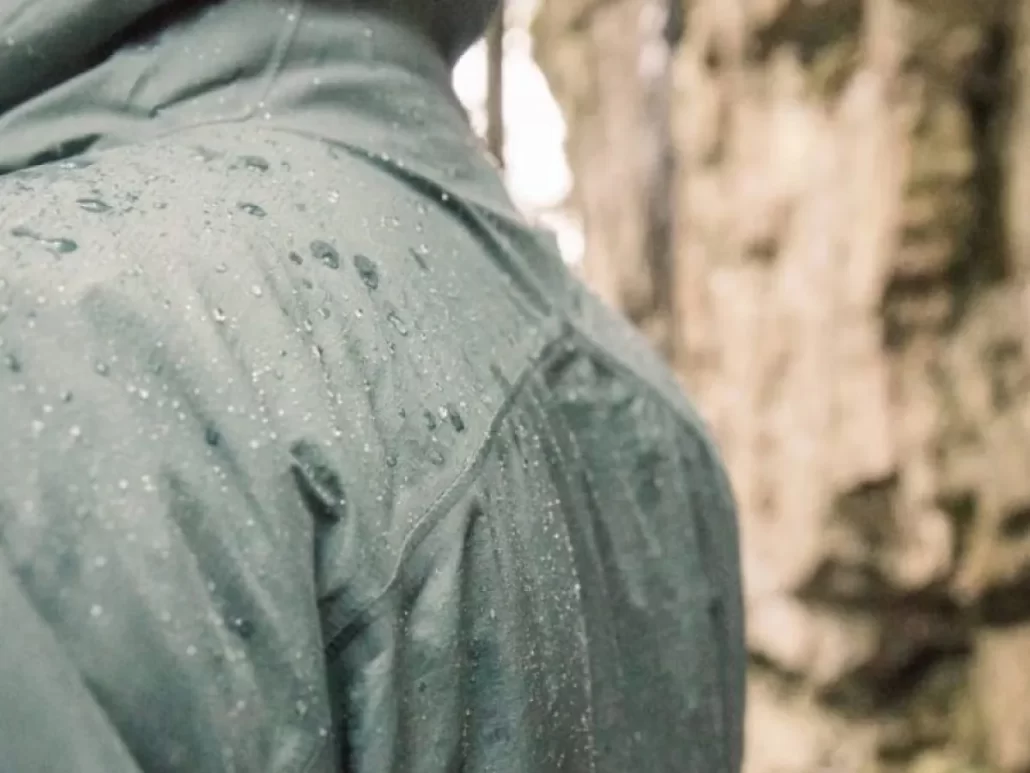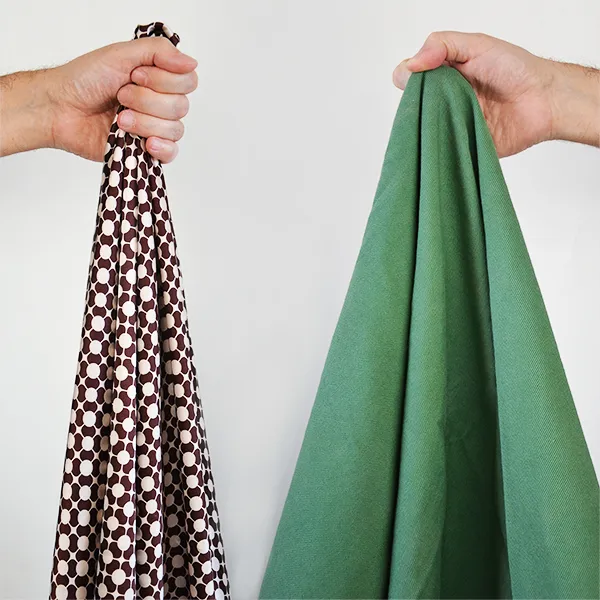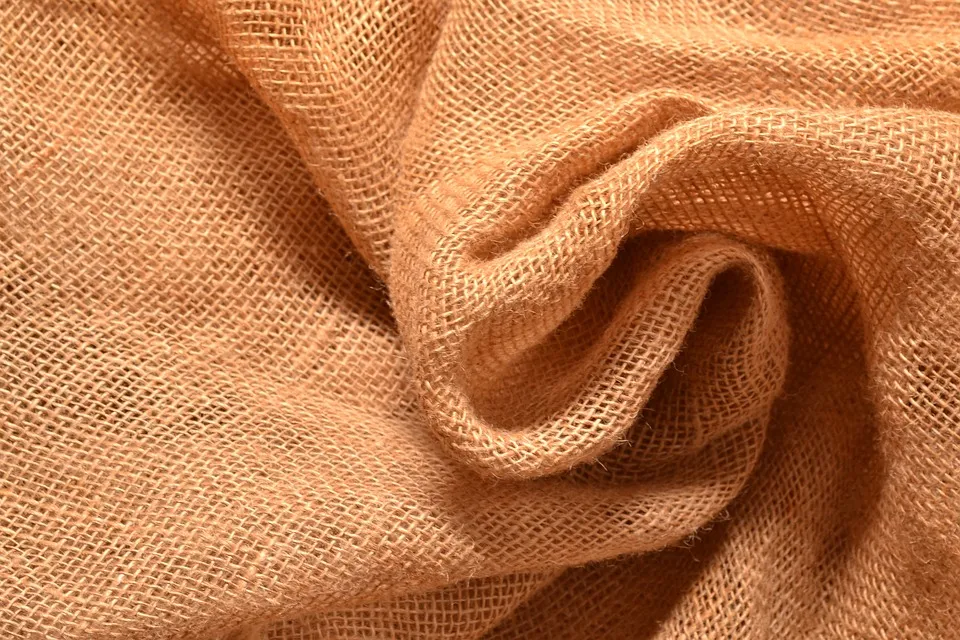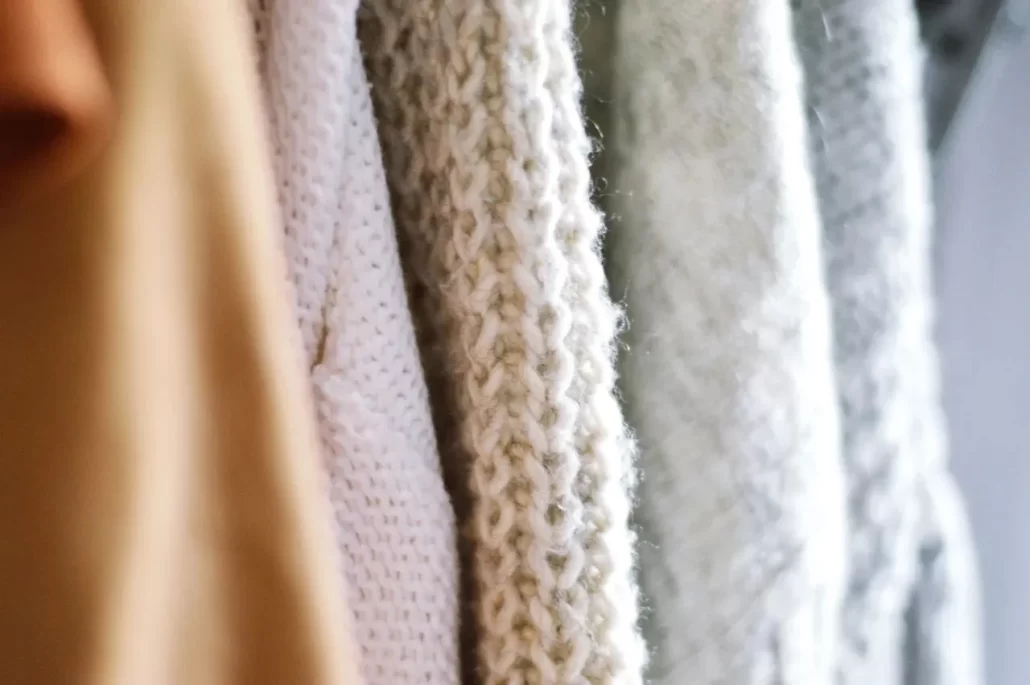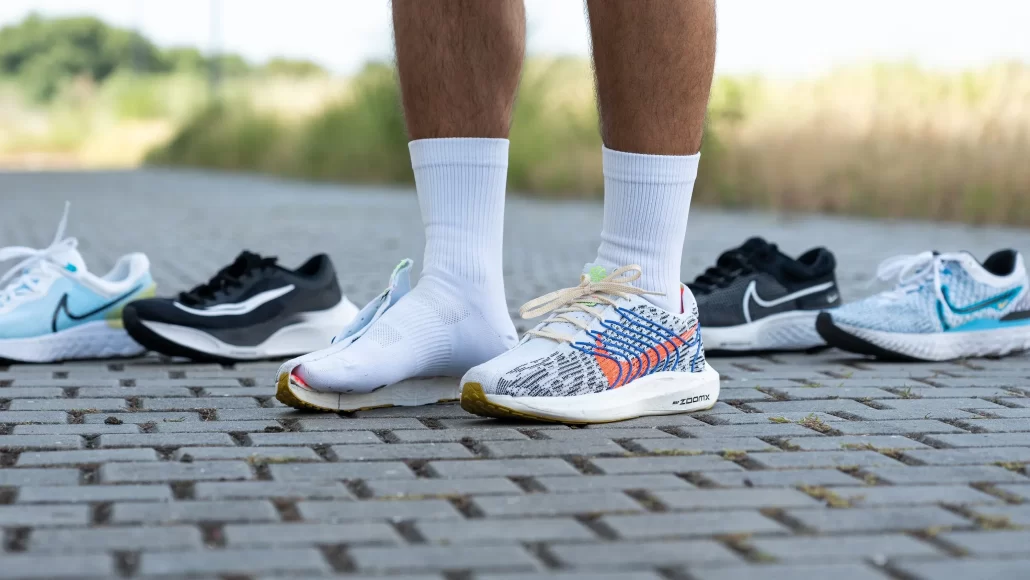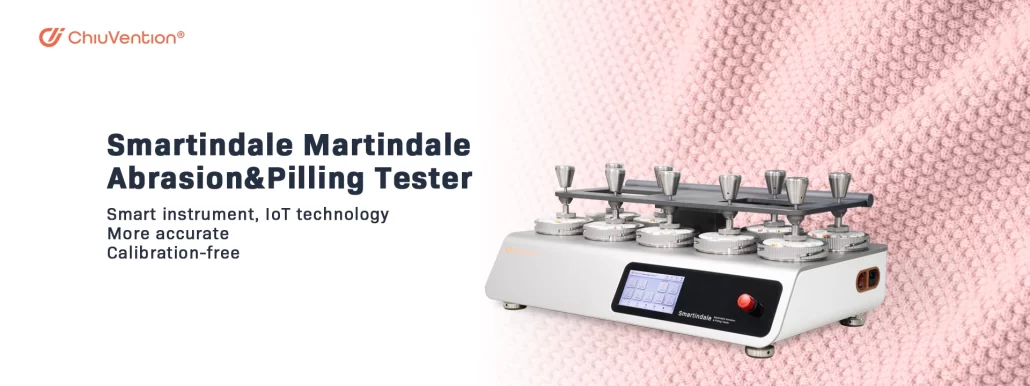The Martindale abrasion tester is used to measure the abrasion resistance of home textiles and upholstery. It is the simulation of seat cover wear where the fabric undergoes rubbing on a daily basis use. The standard for abrasion resistance is ISO 12 947. Let’s start with what is Martindale Test. Martindale Test The specimen…
Category Archives: Martindale Test
The performance and testing of materials are the core foundation for the development of the textile industry. From the selection of fibers to the final formation of fabrics, every link relies on precise control of material properties and rigorous experimental verification. With the rapid development of textile technology, new materials and processes are emerging in…
The performance and testing of materials are fundamental pillars in the development of the textile industry. From fiber selection to the final formation of fabrics, every step requires precise control over material properties and rigorous testing validation. With the rapid advancement of textile technology, new materials and processes continually emerge, leading to updates in performance…
The Martindale method stands out as a widely used and reliable approach for determining fabric abrasion resistance. It offers three distinct methods – determination of sample breakage, mass loss, and appearance quality change. This article delves into the details of these three Martindale-based determination methods. Relying on China’s national standards GB/T21196.2 – 4—2007, it aims…
Are you ready to explore the future of textile testing technology? ChiuVention is thrilled to announce our participation in the EGYPT STITCH & TEX EXPO 2025, taking place from February 20th to 23rd at the Cairo International Convention Center (CICC), Nasr City. We invite you to visit us at Hall 5, Stand 5C24, where we will showcase our cutting-edge testing…
Introduction Evaluating fabric quality is essential for manufacturers, suppliers, and quality control professionals to ensure consistent textile performance. Whether working with cotton, wool, silk, or synthetic blends, precise laboratory testing plays a crucial role in determining strength, durability, and appearance standards. This guide explores six essential testing methods, including color fastness, strength testing, and…
Pilling on fabrics is not just an aesthetic concern; it directly affects product quality and customer satisfaction. Understanding and implementing reliable fabric pilling test methods is essential for quality control in the textile industry. This article explores four major methods—Circular Locus Method, Martindale Method, Pilling Box Method, and Random Tumble Pilling Method—to evaluate and grade…
In the highly competitive and ever-evolving footwear industry, innovation serves as the cornerstone of success. The remarkable advent of Flyknit technology has redefined the boundaries of athletic footwear design. Since its inception by Nike in 2012 through the ingenious adaptation of computerized flat knitting techniques, Flyknit uppers have swiftly permeated the global sneaker market. Their…
1. Purpose and Scope 1.1 This test method aims to evaluate the resistance of fabrics and other flexible materials to abrasion. 2. Principle 2.1 An impeler (rotor) drives an unfettered fabric specimen along a zigzag course in a generally circular orbit within a cylindrical chamber, causing it to repeatedly impinge on the walls and abradant…
How does the Martindale Tester work? Using the Martindale Tester involves several steps. They are: preparing the sample, setting test parameters, testing, and analyzing the data. Below are the detailed steps for use: Sample Preparation: In a standard environment, lay flat and unstretched for a time set by different standards. For instance, EN ISO 12947-4:1998…
